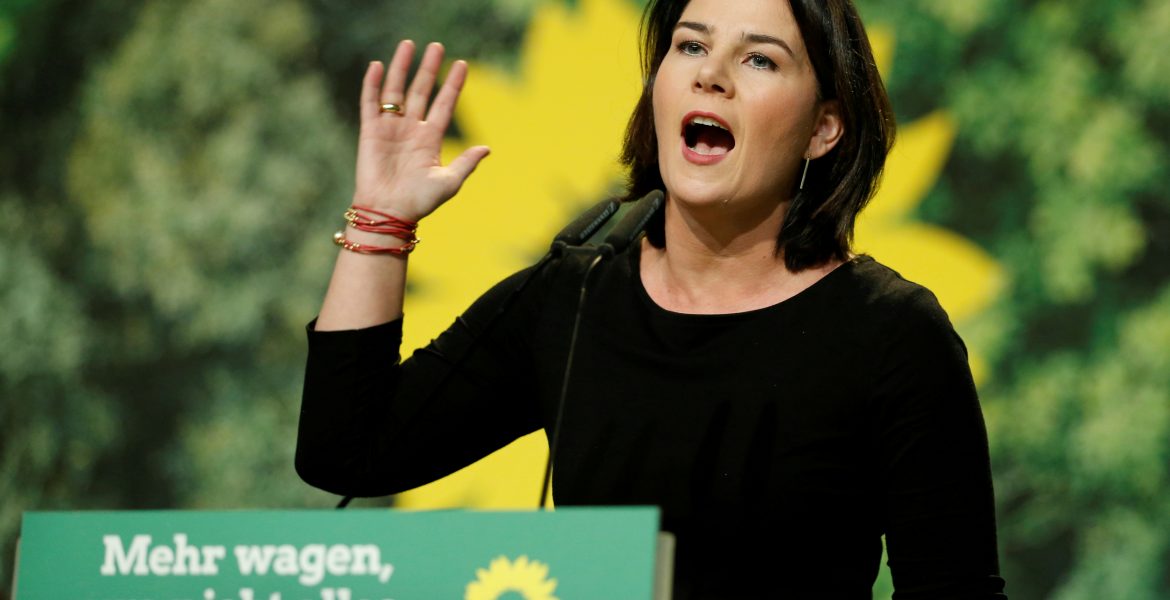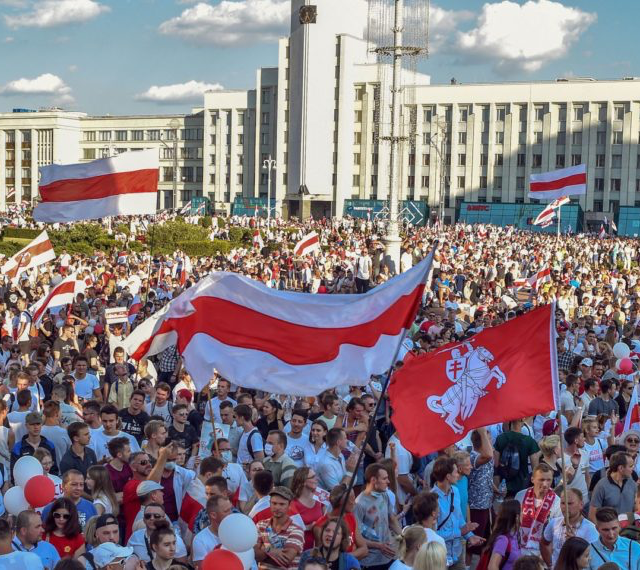In last month’s General Election, the German Greens achieved their best result in a general election so far and became a strong third with 14.8% (2017: 8.9%) of the vote and 118 MPs (2017: 67). 7
German Greens MEP Sven Giegold said, “We even came first in 16 constituencies all over Germany, which we managed before in one constituency in Berlin. That clearly shows that the Green Wave through Europe has once again reached Germany, even though the aim was to gain even more votes. The expectations in the new German government are now high not only in Germany, but in Europe as well.”
He told this site, “The talks to form a three-party coalition government have now started. On Wednesday (29/9/2021), the Board of the German Green Party published the proposal for the exploratory teams that conduct the first stage of these coalition talks (the so called “exploratory talks” or “Sondierungen”) to form the next federal government. I am very pleased to be part of the inner group that will lead the exploratory talks with the other democratic parties under the leadership of Annalena Baerbock and Robert Habeck. The group also includes: Katrin Göring-Eckardt, Britta Hasselmann, Toni Hofreiter, Michael Kellner, Winfried Kretschmann, Ricarda Lang and Claudia Roth.”
“For us Greens, being a European party means that Europe has a high priority in the exploratory talks. That is why Greens/EFA group leader Ska Keller is also part of the extended exploratory team. The policies of the next federal government will help determine the future of Europe. In the election campaign, European policy was only on the sidelines; for the next federal government, Europe belongs at the centre of government policy. Overall, the next federal government must make a significant contribution to making Europe more capable of action, more democratic and more solidary. Europe must also become a global climate leader.”
He went on, “I am therefore pleased to be able to contribute with my experience from 12 years in the European Parliament to these exploratory talks. For me, it is clear that anyone who wants a strong Europe must also invest in Europe’s cohesion. With my focus on economic and financial policy, I have repeatedly been able to forge cross-party majorities in the European Parliament in the fight against tax dumping and money laundering. Europe has made progress in these areas in recent years, and we must now continue to work on this. I want to bring this style into the negotiations.
“We are entering the exploratory talks with the mandate of our voters. This is that the next government must be a climate coalition. To achieve this goal, an extended group has been nominated in addition to the narrower exploratory team. This extended exploratory team additionally includes: Ska Keller, Franziska Brantner, Agnieszka, Brugger, Katharina Dröge, Katharina Fegebank, Anja Hajduk, Ska Keller, Maria Klein-Schmeink, Oliver Krischer, Steffi Lemke, Konstantin von Notz, Cem Özdemir, Jamila Schäfer, Jürgen Trittin and Marc Urbatsch.”
“Once the exploratory talks have been concluded, a party conference will again decide on the start of coalition talks. There will then be a ballot of all members of the German Greens on the coalition agreement. Throughout the process, members will be kept informed as much as possible. However, it is also clear that this can only succeed if, unlike in 2017, all parties involved negotiate in a spirit of trust.”
“In the exploratory talks, we want to sound out with the other democratic parties where there are unifying projects and goals, and where bridges can be built between different positions. It is also clear that this federal government must embody a new departure. The “business as usual” was clearly voted out on Sunday. This is not a coalition of the lowest common denominator, but of a common departure that will move Germany, Europe and all its people forward.”
“In the coming days, I will be launching a series of webinars on the other most burning issues in the formation of this new government, with intellectual leaders representing the different concepts, from the role of the state and climate policy to taxation and (EU) finance. A number of them will be interpreted into other European languages to allow everyone to join. Because now is the time to talk about content. And I am particularly looking forward to that,” he concluded.




